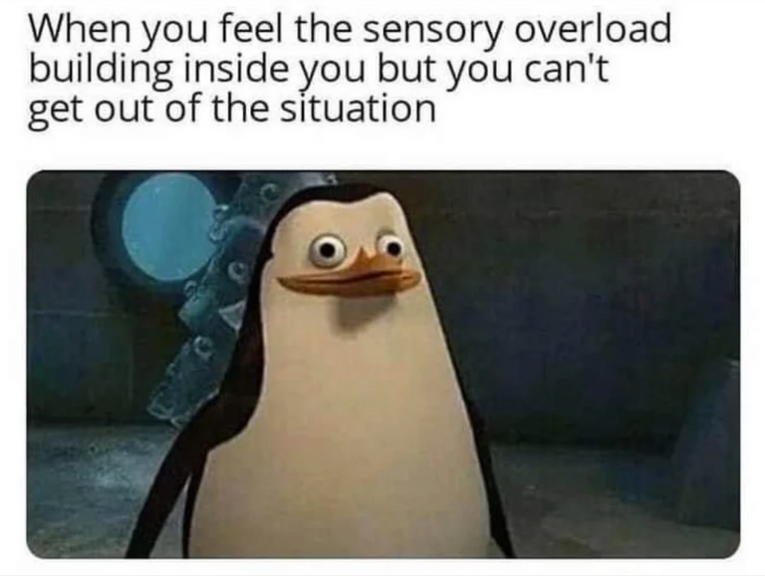- Subscribe
- Mark as read
- Mark as new
- Mark as New
- Bookmark
- Subscribe
- Mute
- Subscribe to RSS Feed
- Permalink
Happy Thursday lovely folks!
I am incredibly excited to share tonight's Weekly Wellbeing with you all. Our wonderful guest, Chase, has been kind enough to share his lived experience of what school was like for him as someone with autism. While the classroom and playground environment is not always designed with neurodiverse young people in mind, Chase's story shows how making use of your strengths and seeking support when you need it can allow you to achieve great heights.
Without further ado, here's a little bit more about Chase 🥰
- Mark as New
- Bookmark
- Subscribe
- Mute
- Subscribe to RSS Feed
- Permalink
About Chase
"Hi, my name is Chase and I’m 23 years old. My dream is to get into medicine in the next few years. I completed a Bachelor of Biomedical Science last year before taking a gap year. I’m currently a pathology student and a Youth Ambassador for ReachOut.
I have two Italian greyhounds called Otto and Kendra who are father and daughter. I love travelling and going on road trips. I also enjoy volunteering by working with young people, advocating for the LGBTQIA+ community since I am a proud trans man, and helping to reduce the stigma of living with a mental health condition."
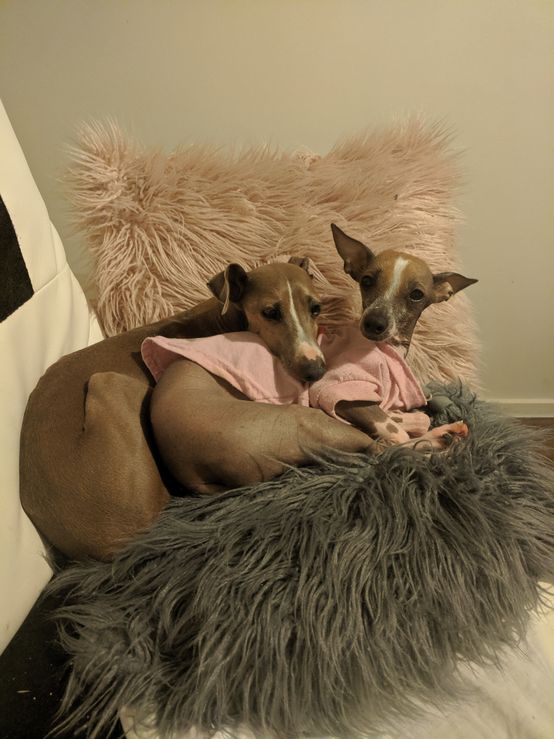
- Mark as New
- Bookmark
- Subscribe
- Mute
- Subscribe to RSS Feed
- Permalink
When did you first realise you might be on the autism spectrum? What was this process like for you?
"I was only officially diagnosed with autism two years ago, yet with that being said the collective reaction from family and friends when I told them I was on the spectrum was that they already knew or assumed that I was autistic. The majority of my friends are neurodiverse after all.
When I was 16, someone asked me directly if I was autistic. I said no, surprised and confused why they thought I would be, however the more thought I gave into it and the more research I did, the more certain I became that I might be. I started looking into getting a diagnosis during COVID lockdowns. While not all people on the spectrum feel the need to get an official diagnosis, I’m glad that I did since I’ve found that this process has helped me understand myself better and connect more with others who are also on the spectrum."
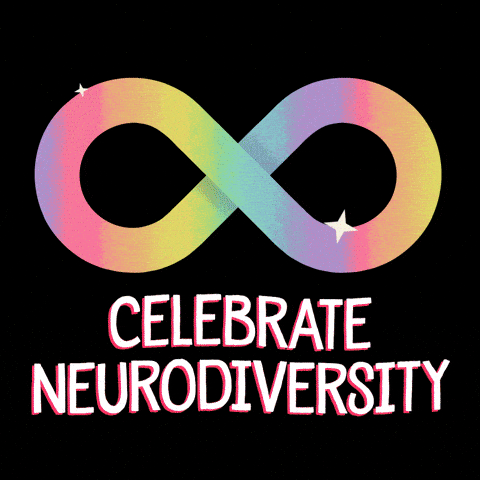
- Mark as New
- Bookmark
- Subscribe
- Mute
- Subscribe to RSS Feed
- Permalink
Generally speaking, what was your time in primary and high school like?
"My time in primary school was very different to my time in high school. In primary school, I found it was easier to make friends and fit in because teachers would often encourage us to invite someone into our group or games if they were by themselves. This made it easier for me to make friends so I’m thankful for that, however there are times where I’m content to spend time alone and I feel there is a negative connotation around having periods where you don’t feel like being around others.
In high school, I found it much harder to fit in. In primary school, I had a mixture of friends from different year levels both younger and older than me. I found when I would befriend someone from another year level in high school, I would experience judgement mainly from adults who would question me on why I’m not choosing friends that were my own age. Despite not knowing I was autistic while I was in high school, I still had support from teachers who would buddy me up with other students when they saw I was having trouble making friends my own age, which helped me broaden my social circle.
I was also more vulnerable to burn out in high school which led to me being absent often. I feel that if it was known that I was autistic at the time, I could have been better supported during my time in high school, nonetheless I still became school captain in Year 12 and got into uni straight out of high school."
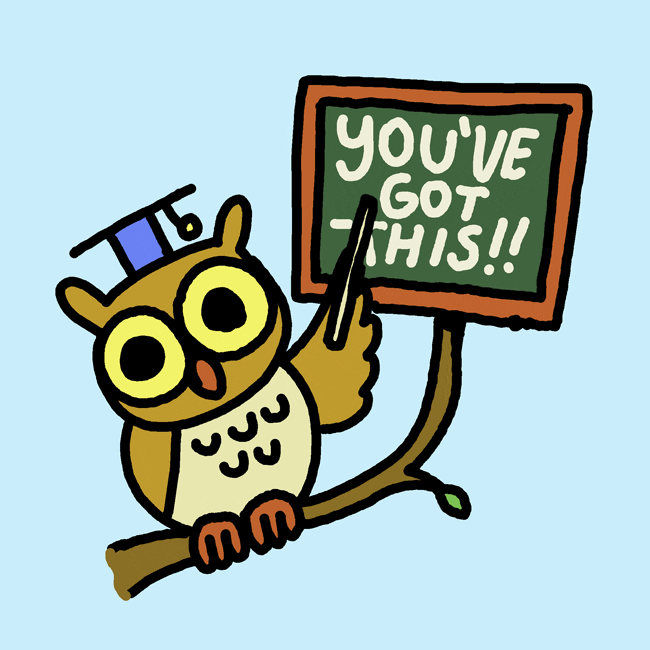
- Mark as New
- Bookmark
- Subscribe
- Mute
- Subscribe to RSS Feed
- Permalink
In many ways, school classrooms cater predominantly to neurotypical students. Did you ever find it difficult to be at school and to learn in that environment?
"When it comes to sensory needs, my hearing is most sensitive. I find it overwhelming when there are multiple different sounds going off at once (eg. several people talking at once, footsteps, doors being opened). When I experience sensory overload, I tend to shut down and struggle to focus on my task at hand.
I found that I struggled more in the work environment with sensory overload rather than the classroom since students are instructed to stay seated and quiet during class. In the work environment, I found it hard at times to focus on verbal instructions while so much was happening in the background since this environment is less structured than a classroom. While at school, if I didn’t finish my work during class I would just finish it at home so this wasn’t as big of an issue for me."
- Mark as New
- Bookmark
- Subscribe
- Mute
- Subscribe to RSS Feed
- Permalink
Did being neurodiverse help you with school in any ways? If so, what were they?
"I have always been a hard-working, highly-organised, determined person who finishes anything I set my mind to at a high standard. I thrive on routine and while this makes starting a new job or course quite overwhelming for me at first, I’m able to develop my own routine and stick to it after the first week or two.
I think it’s likely being neurodiverse has helped me develop these positive traits. Once I’m in my study zone, I’m able to tune out what’s happening around me to focus on the task at hand. I’m able to see the big picture and when learning new topics, I like to find out about different perspectives and why people hold the views that they do."
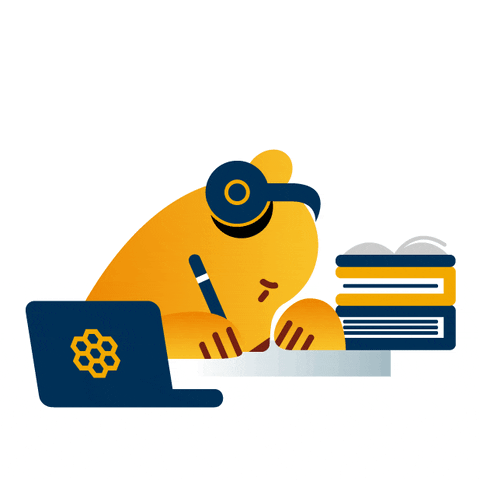
- Mark as New
- Bookmark
- Subscribe
- Mute
- Subscribe to RSS Feed
- Permalink
Was studying at uni or TAFE different from your experience of studying at school? Did it feel like a more or less supportive environment for neurodiverse young people?
"I’ve always been an independent person so I found studying at a tertiary level easier. I enjoy working at my own pace and taking on the extra responsibilities that come with studying at a tertiary level. I find there is less pressure in uni and TAFE to fit in with others. This could be in part because people come from all over the world to study at uni, so I found there was more diversity at uni than high school, therefore people are more mindful and respectful of different cultures and backgrounds that they may not have interacted with before. People also begin studying at all ages so I found it was more accepting to have friends with people of different ages as an adult."
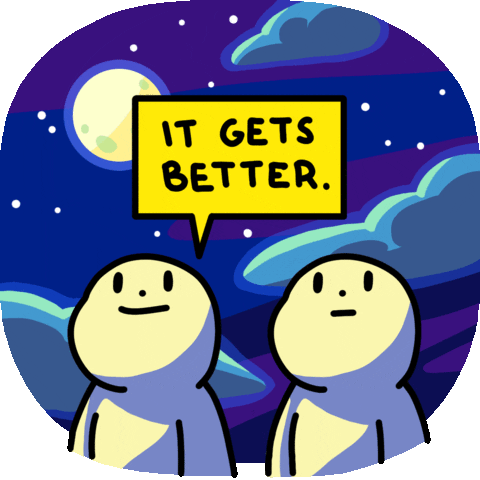
- Mark as New
- Bookmark
- Subscribe
- Mute
- Subscribe to RSS Feed
- Permalink
What advice would you give to neurodiverse young people who might be struggling at school and don’t feel supported?
📚 "Always have someone you know you can talk to when you are struggling. This could be a parent, friend, teacher, counsellor or an online community. It may not feel like it now, but high school is only a small fraction of your life. How you perform in high school is not going to impact you for the rest of your life since there are always multiple pathways in how you can achieve your goals."
📚 "It’s okay to struggle and it’s important to ask for extra support when you need it. The sooner you reach out, the better it is since I find the longer I bottle things inside me, the harder it becomes to talk about it."
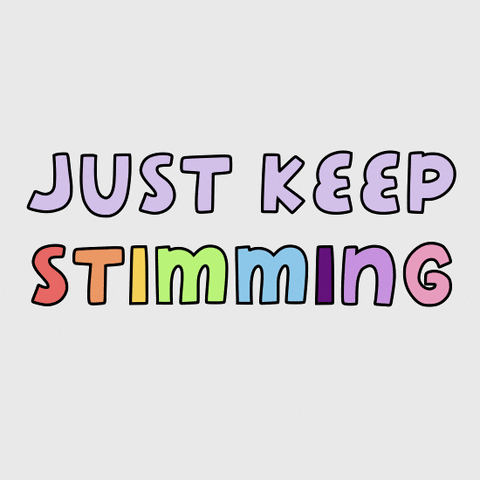
How can teachers and parents support young people who are neurodivergent if they are finding things difficult in the classroom or the playground?
📚 "Understand that each student is different. No two neurodivergent people are the same so what one person may be struggling will be different for another student. The level of support an individual student requires will also differ."
📚 "Never compare students to each other since this doesn’t help the person overcome what they are struggling with. This can also negatively impact someone’s self esteem."
📚 "The student may not feel comfortable asking for support even though they are struggling. A useful tip could be to take the student aside and ask them directly what they feel they are struggling with and what support they may need, however be aware that they may find it uncomfortable asking for and accepting help. Please be patient and don’t take it personal if someone doesn’t feel comfortable confiding in you."
